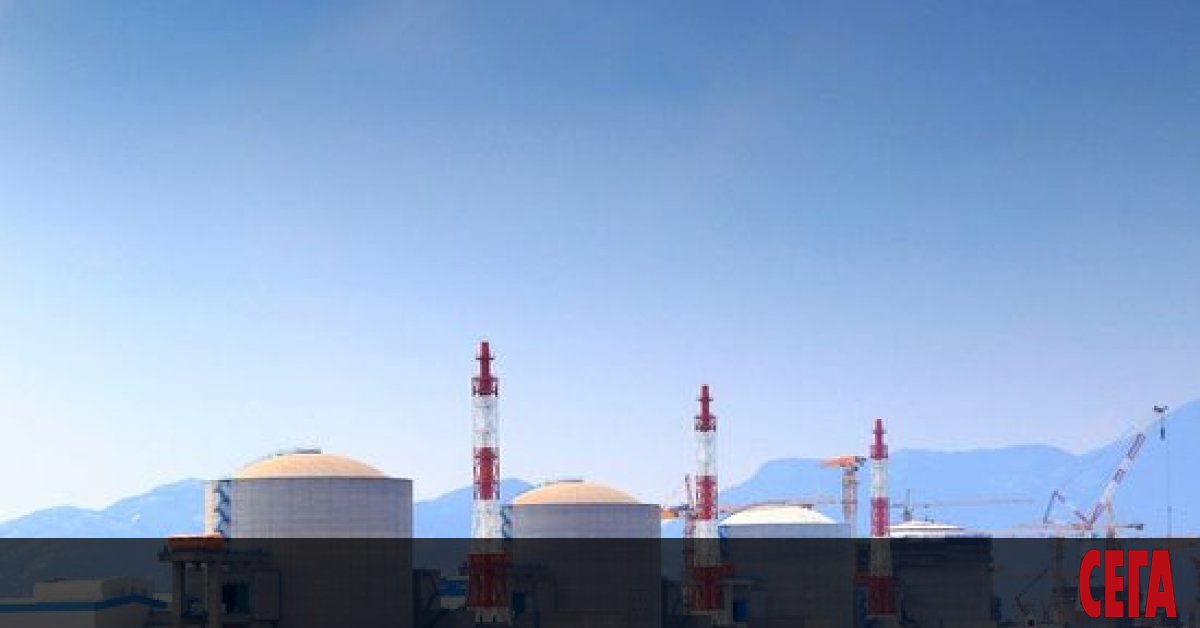In the realm of global energy production, nuclear power remains a pivotal player, contributing significantly to the energy matrices of several nations. According to information sourced from the International Atomic Energy Agency (IAEA), approximately 71% of the world’s nuclear electricity production is concentrated within just five countries: the United States, France, China, Russia, and South Korea. This statistics illuminate not only the dominance of these nations in the nuclear sector but also the strategic importance that nuclear energy holds in their overall energy policies.
Globally, 31 countries operate nuclear power plants (NPPs), managing a combined total of 416 reactors with an installed capacity of about 376 gigawatts (GW). The landscape of nuclear energy production is constantly evolving, with China emerging as a formidable force in recent years. The U.S. Energy Information Administration (EIA) highlights that during the past three decades, China has commissioned 57 reactors, and it has an additional 28 reactors currently under construction, boasting a combined capacity of 30 GW. Once these projects reach completion, China’s nuclear capabilities are expected to surpass those of France, further solidifying its status as a pivotal player in the nuclear energy realm.
The United States leads the world in nuclear energy production, operating 94 reactors as of 2023. This impressive fleet accounts for roughly 30% of the global nuclear electricity output. The inception of commercial nuclear energy in the U.S. dates back to the late 1950s with the launch of the Shippingport power plant in Pennsylvania. Most of the existing U.S. reactors were constructed between 1967 and 1990, during a time when the quest for energy independence and security drove expansive investments into nuclear technology.
France occupies a prominent position as the second-largest generator of nuclear power globally and remains the preeminent leader in Europe. With a total of 57 reactors, France’s nuclear facilities produced around 320 GWh of electricity in 2023, fulfilling nearly 65% of the nation’s total electricity needs. This strategy of prioritizing nuclear energy development was largely born out of necessity following the oil crises of the early 1970s, which precipitated a remarkable expansion of its nuclear capabilities. Between 1975 and 1990, the French government oversaw the construction of 52 reactors, underscoring its commitment to achieving energy security through diversification away from fossil fuels.
Russia, another key player in the global nuclear landscape, operates 36 reactors, generating a capacity of 27 GW. As part of its ongoing modernization efforts, the State Corporation Rosatom is actively replacing older reactor models with more advanced units such as the VVER-1000 and VVER-1200. This initiative not only improves efficiency but also enhances safety and sustainability, ensuring that Russia’s nuclear program remains competitive in an ever-evolving energy sector. Additionally, four more reactors are currently being constructed, reflecting Russia’s commitment to expanding its nuclear capabilities in a region of increasing energy demand.
South Korea, with its 26 operational reactors and two additional plants under construction, represents another significant contributor to the global nuclear energy output. The Korea Hydro & Nuclear Power Company, a state-owned enterprise, plays a critical role in this domain, not only supplying energy domestically but also extending its reach internationally. South Korean firms have participated in the construction of the Barakah Nuclear Power Plant in the United Arab Emirates, exemplifying their expertise and technological advancements. Furthermore, they are slated to provide technology for the Dukovo Nuclear Power Plant extension project in the Czech Republic, indicating the global demand for South Korean nuclear technology.
In conclusion, as the world transitions toward a more diversified and sustainable energy future, the role of nuclear power remains paramount. With nations like the United States, France, China, Russia, and South Korea at the forefront, the advancements in nuclear technology and policy will be crucial in addressing not only energy security concerns but also climate change challenges. A robust commitment to nuclear energy could very well play a key role in achieving carbon neutrality in the coming decades.
Tags: #BusinessNews #EconomyNews #WorldNews #Energy #NuclearPower #InternationalRelations

